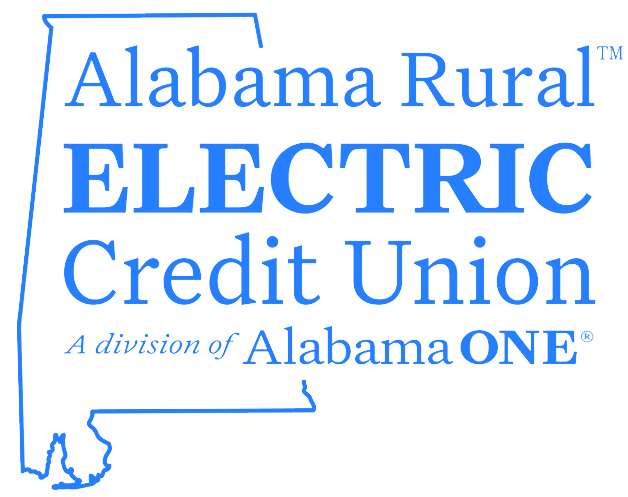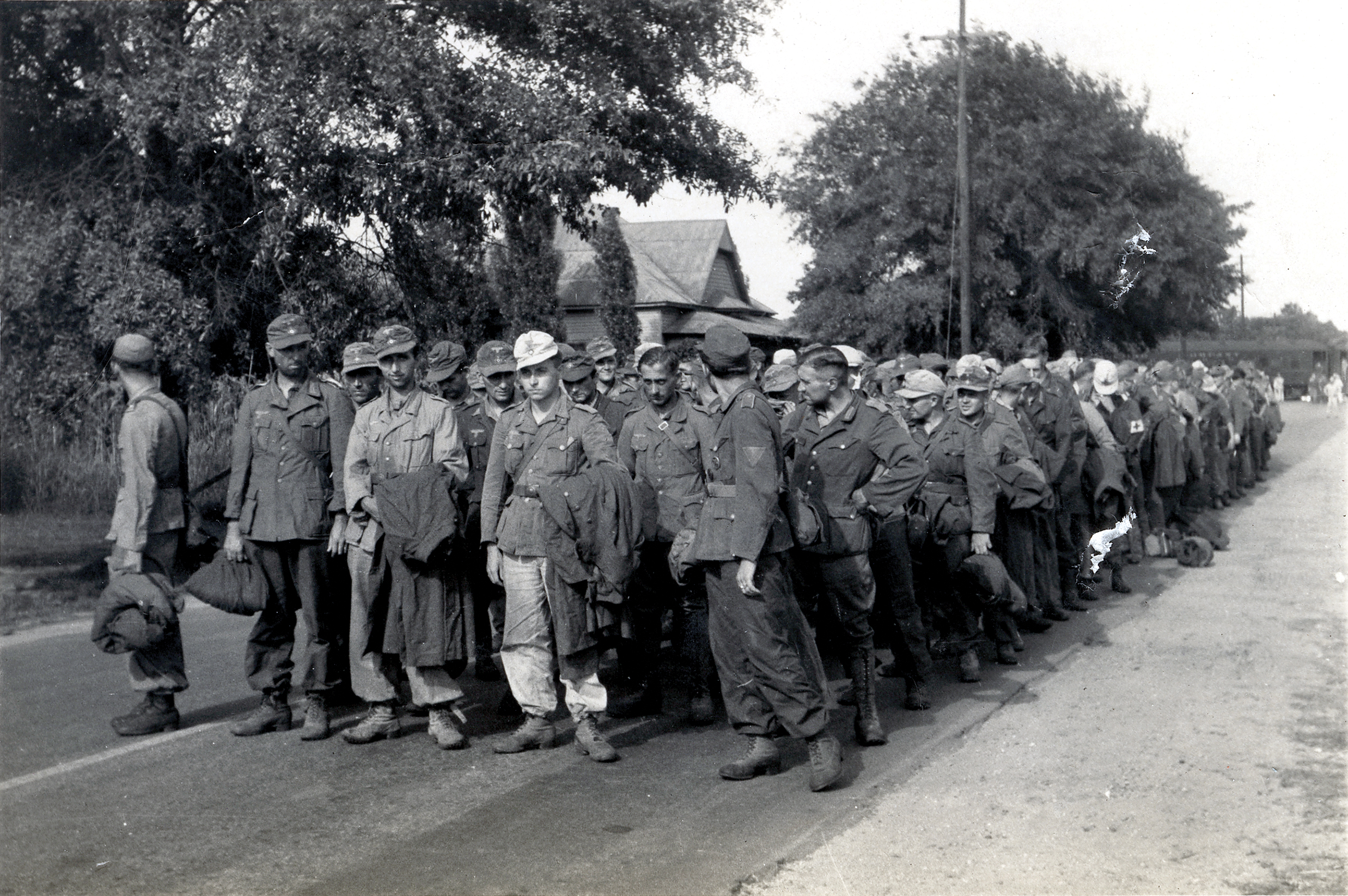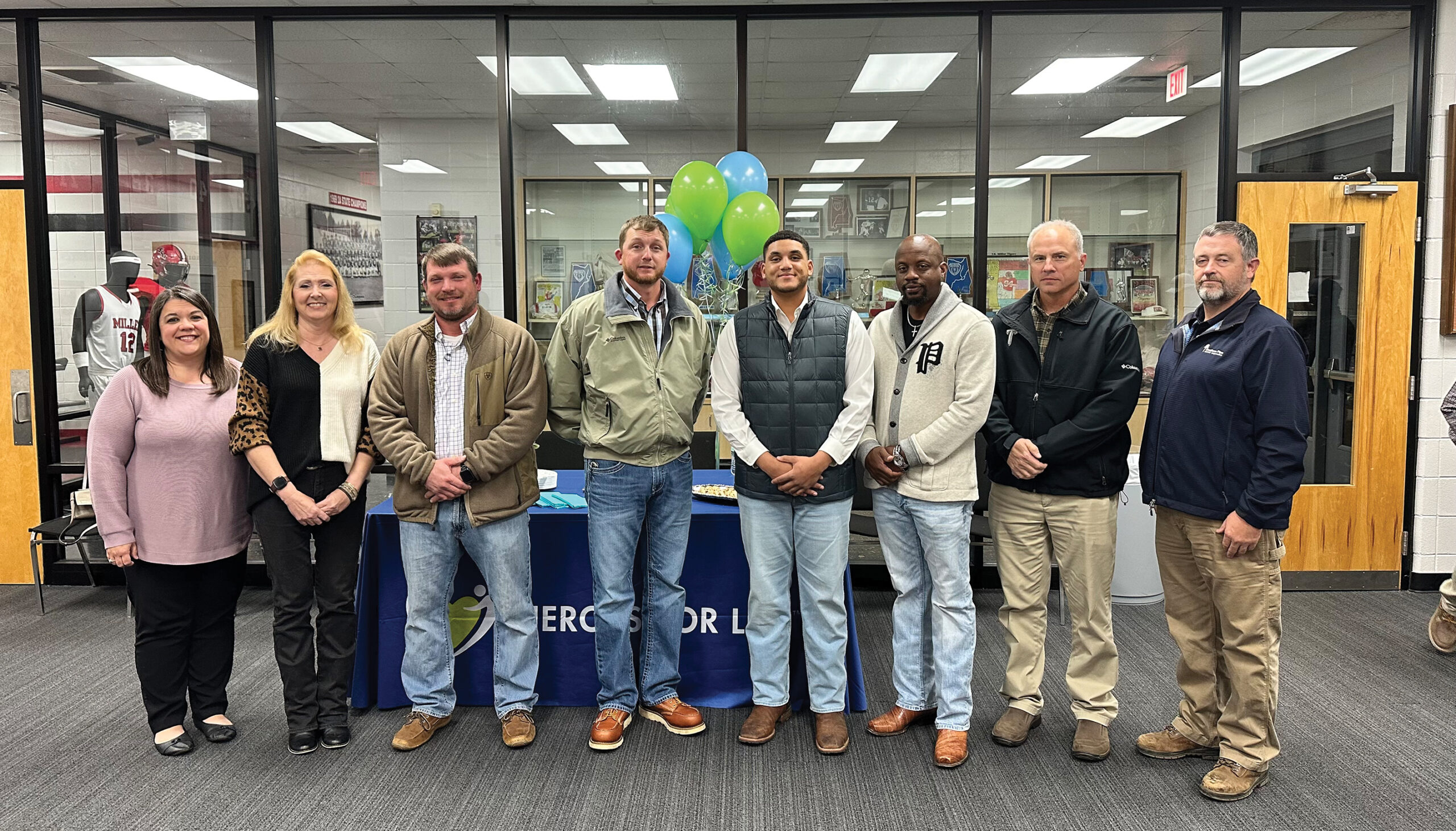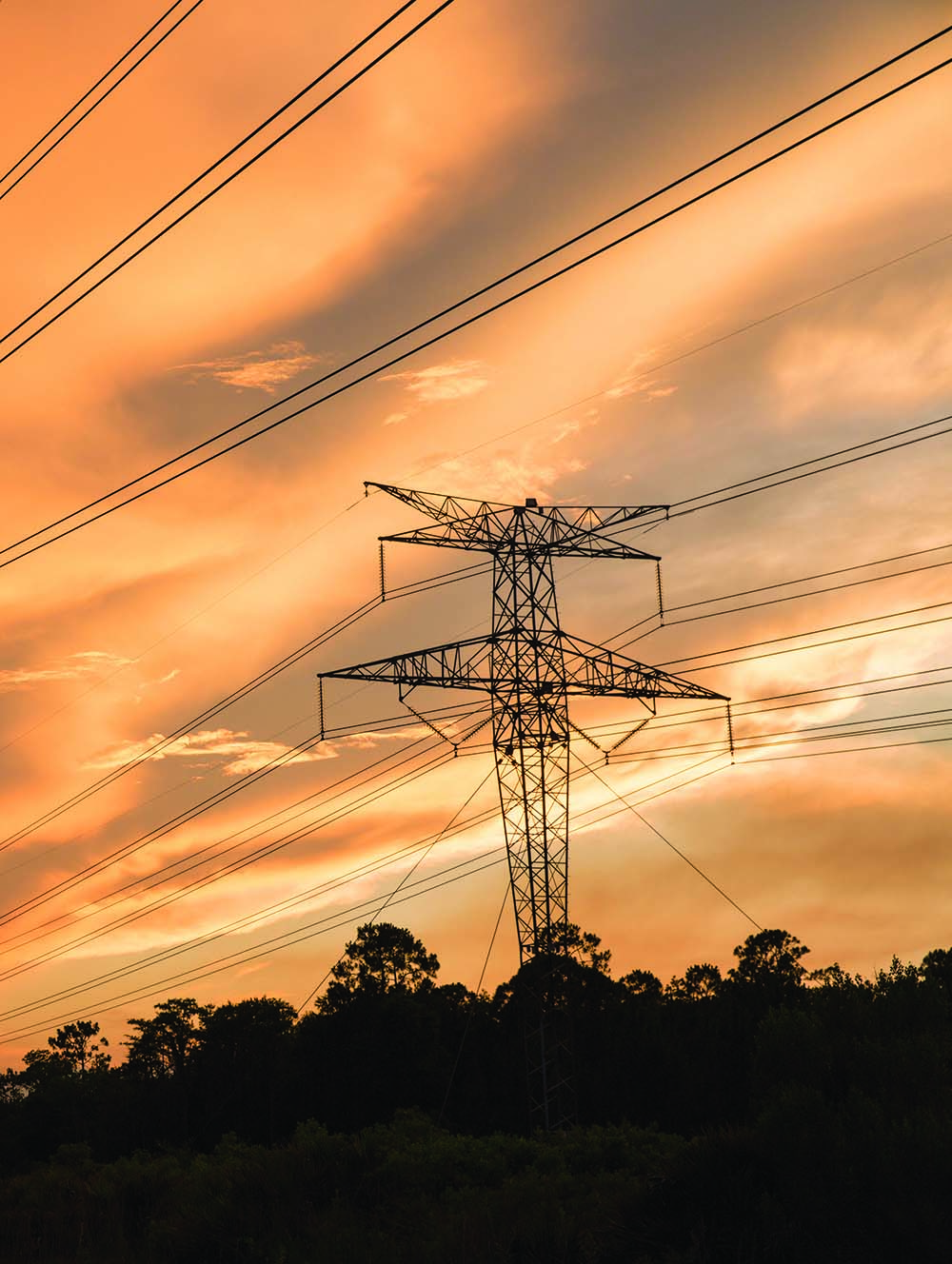 Electric co-ops are winning the reliability battles against squirrels, storms and hackers
Electric co-ops are winning the reliability battles against squirrels, storms and hackers
By Paul Wesslund
Did you know squirrels, lightning and trees have something in common? They can knock out your electricity.
Electric cooperatives work hard to keep your lights on all the time, but “you’re going to have power outages, and that’s just the way it is,” says Tony Thomas, senior principal engineer with the National Rural Electric Cooperative Association (NRECA).
An electric utility’s basic job of keeping the power flowing 24/7 calls for maintaining a complex network of power plants, poles and wires. But it also means battling the unpredictable. Thomas cites the top three troublemakers to electric reliability as trees falling on power lines and other interferences from vegetation, lightning strikes, and animals going about their daily routines, especially squirrels chewing on electrical equipment.
“Utilities do an awfully good job,” says Thomas. “But Mother Nature gets in the way sometimes.”
Humans contribute to power outages as well, with vandals deliberately damaging electrical equipment and drivers accidentally crashing into utility poles.
Statistics say the lights are almost always on.
Numbers collected from electric utilities show that power in the United States is incredibly reliable. According to these figures, the percentage of time that the average American has electricity at the flip of a switch is 99.97… oh forget it, you get the idea. Thomas says what’s most important to know about those numbers is that they don’t change much.
“I don’t see big swings from year to year,” says Thomas. “If things are fairly consistent, that means the utility is operating about as efficiently as it can.”
But utilities still try to improve on that reliability. Among the techniques being used to foil critter catastrophes are snake barriers around substations, buzzard shields on transmission towers and mesh coverings on wood poles to protect them from woodpeckers.
For some of the other causes of outages like trees and lightning, there’s now an app for that.
Utilities operate extensive right-of-way programs to keep vegetation away from power lines, from clearing underbrush to publicity campaigns asking people not to plant trees where they can fall on power lines.
Fighting storms and squirrels are two ways to keep the power on, but by far the biggest part of reliability comes from the decades of building, maintaining and updating the massive machinery of the nation’s electric grid. More than 8,500 power plants generate electricity that is shipped through 200,000 miles of high-voltage transmission lines. Banks of substations and transformers step-down that voltage to send it to homes and businesses through 5.5 million miles of local distribution lines.
Keeping that network up and running calls for a lot of planning among utilities to anticipate how electricity will be used in the future. Part of that reliability planning has focused on protecting the electricity system from computer-based digital attacks.

The never-ending job of cybersecurity
Bridgette Bourge is among those overseeing how digital technology affects reliability for electric co-ops and their consumer-members. As director of government affairs for NRECA, she sees both the positives and the negatives to the latest internet-based, or cyber, technology.
“Cyber helps a lot on reliability because it gives us the ability to monitor and know everything right away,” she says. “But whenever you increase reliability through a technology, you do potentially open up vulnerabilities as well from the security angle.”
For any organization, including electric utilities, the benefits of the internet come infested with mischief makers. Bourge says it’s routine for a company to receive tens of thousands of attempts each day to break into its computer network. Those “knocks” at the cyber door can come from individuals, countries and organizations, or from the army of automated “bots” roaming the internet worldwide, testing for weaknesses where a hacker could enter.
For a utility, a troublemaker inside the computer network could affect electric service, and that’s why NRECA has organized a variety of cyber reliability programs.
Bourge says those cyber reliability programs aim to help protect against a range of threats, from broad attempts to shut down parts of the electric grid, to more focused efforts to corrupt pieces of software used by electric cooperatives.
NRECA’s cyber protection efforts include a national program of working closely with the nation’s electric co-ops to share the techniques for protecting utility systems from internet invaders.
NRECA is also part of a national program to create a cyber mutual assistance agreement. Much like how groups of lineworkers from an electric co-op travel to help restore power after a hurricane, these cyber agreements would be able to utilize teams of information technology experts in the case of a cyber incident.
“You can’t solve cybersecurity,” says Bourge. “No matter what you do today, the bad guys are going to figure out a way around it tomorrow. You have to keep thinking about the next step.”n
Paul Wesslund writes on consumer and cooperative affairs for the National Rural Electric Cooperative Association, the national trade association representing more than 900 local electric cooperatives.
